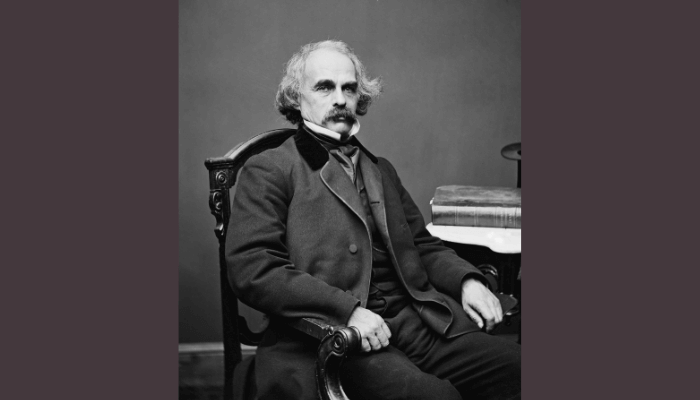

Nathaniel Bowditch is a famed, reputed and illustrious name in the maritime industry. The self-made nautical expert paved the way for the future of the global maritime navigational elements over 200-years ago and is considered the founder of Modern Maritime Navigation.


History
Bowditch was born in the city of Salem in Massachusetts in the year 1773. Though familial conditions forced him to abort his studies abruptly at a very young age, he self-coached himself in subjects like Latin, French, pure math (algebra) and calculus while working as a learner at a ship chandler’s in his teens. Latin and French were predominantly the language of choice of all leading experts in the scientific and maritime field and thus formed the primary reason for Bowditch’s decision to learn them.
His inherent intellect and acquired knowledge bore him great rewards especially more so when he ventured into the seafaring career in the year 1795. Bowditch’s next 12-years were spent working actively as a seafarer not only honing on his gained knowledge, but also training his fellow seamen to a greater extent. Bowditch’s grasp of the aforementioned subjects allowed him to pinpoint the many shortcomings in one of the leading maritime works of that time and come up with his own published work that included several facets from his practical observations while at sea in the year 1802.
Famous Works
Bowditch’s published work titled ‘The New American Practical Navigator’ is still regarded to be the primary guide-book for all mariners navigating in the Western oceanic waters. This famous written work is said to hold a pride of place in all type of vessels thus emphasizing the extent of Bowditch’s contribution to the maritime industry. Alongside this exceptional written work, Bowditch is also credited with the translation of French writer Pierre-Simon de Laplace’s work centered on math and astronomy that helped paved the widespread understanding of the latter subject in the US at that time.
The visionary’s struggle to get the French writer’s work translated and published also accounted for his mainstay career after his retirement from the maritime industry. Though he was offered extremely prestigious postings from various educational varsities across the United States like Harvard, Virginia University and even the US Military School, the lower scale of remuneration accounted for Bowditch working as a financial statistician for an insurance company in his native city. However in spite of being employed as a statistician, Bowditch continued to contribute various papers and featured articles on astronomical and nautical aspects that were path-breaking in their own right.
In the year 1823, Bowditch retired from his post at the maritime insurance company after almost two decades. In succession, he took up a similar post in an insurance company in the city of Boston yet again in a bid to get his translation of Laplace’s work published successfully. In the decade spanning 1829 to 1839, his translated work titled ‘Celestial Mechanics’ was published as four distinctive books. For his constant contribution to the field of astronomy and nautical science, he received honorary degrees from prestigious American universities.
Nathaniel Bowditch passed away in the year 1838 after a prolonged battle with cancer. However his legacy continues to live on even today. Said to be the founding father of contemporary marine navigation, the American continues to be an inspirational force and one of the most brilliant guiding lights on nautical science even 175-years after his death.
You may also like to read – Keith Tantlinger- The Story of the Man Who Invented the Shipping Cargo Container










We believe that knowledge is power, and we’re committed to empowering our readers with the information and resources they need to succeed in the merchant navy industry.
Whether you’re looking for advice on career planning, news and analysis, or just want to connect with other aspiring merchant navy applicants, The Marine Learners is the place to be.